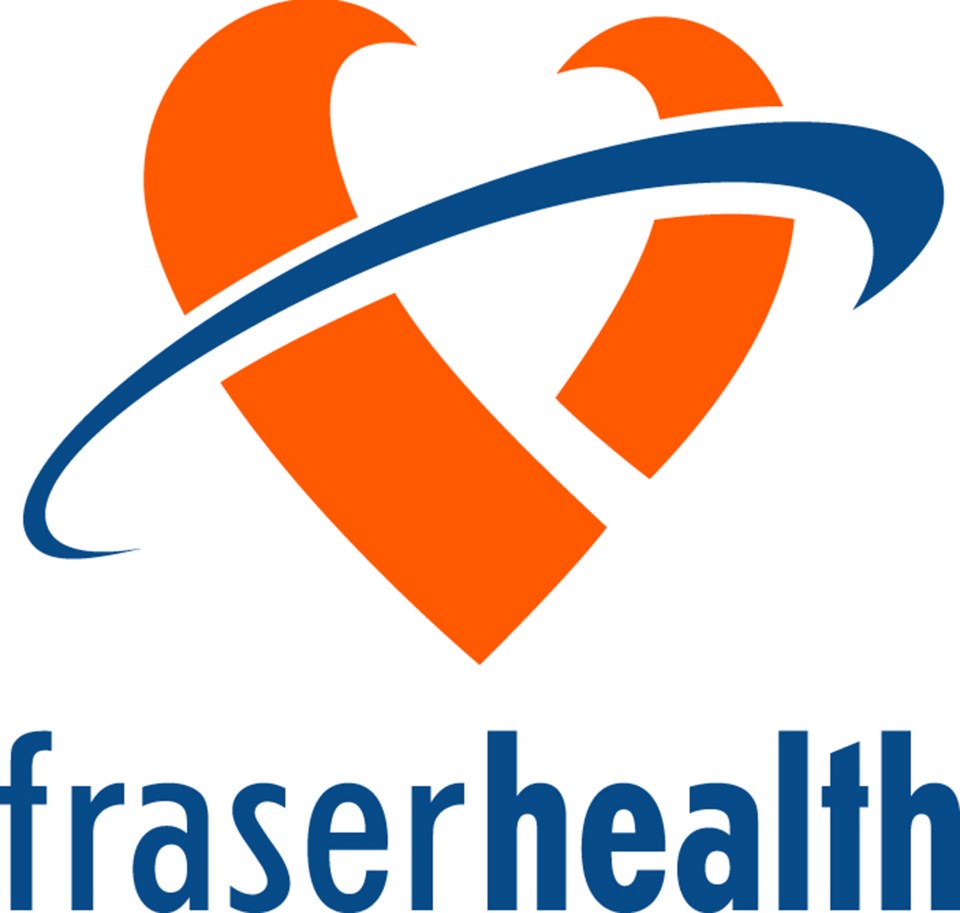As the B.C. Coroners Services releases its latest statistics on illicit drug overdose deaths, New Westminster's medical health officer is urging high school grads and their families and friends to talk openly about substance use to avoid the risk of overdose during upcoming grad celebrations.
A total of 161 people – the equivalent of more than five a day – died of suspected overdoses on drugs like heroin, cocaine, MDMA, methamphetamine and illicit fentanyl in B.C. in March, according to the coroners service.
That’s an increase of 24 per cent from last March’s 130 deaths and a 58 per cent spike over February’s suspected total of 102.
Looking at the first three months of 2018, the coroners service says fentanyl was detected in post-mortem testing in more than eight in every 10 deaths (83 per cent).
Seven in every 10 people who died were aged 19 to 49 years, but suspected illicit drug overdoses have also already claimed the lives of five people between the ages of 10 and 18 this year.
Last year, 23 kids under the age of 18 died of overdoses.
With grad parties and other celebrations ramping up, Fraser health medical health officer for New Westminster and Burnaby Dr. Aamir Bharmal is stressing the importance of talking to youths about drugs in a non-judgmental and supportive way.
“These are preventable deaths, which is why it is so important that young people understand the risks of overdose and how to respond if one occurs,” Bharmal stated in a press release Thursday. “Talking about substance use can help save lives, and, while we encourage young people to avoid drugs altogether, if they choose to use substances, there are measures they can take that can help them stay safer.”
To get the conversation about drugs started, parents can find tips in “When Words Matter,” a four-page booklet put out by Fraser Health.
For grads, the health authority recommends a number of safety measures:
- not using alone,
- arranging for someone to check on them
- never leaving a buddy alone to “sleep it off”
- staggering drug use if using with friends
- having a designated sober person
- trying a little bit first and seeing how things go
- not mixing multiple drugs or drugs and alcohol
- not leaving drinks unattended to prevent spiking
- knowing the signs of an overdose
For more information, visit tinyurl.com/FraserHealthOverdose.



